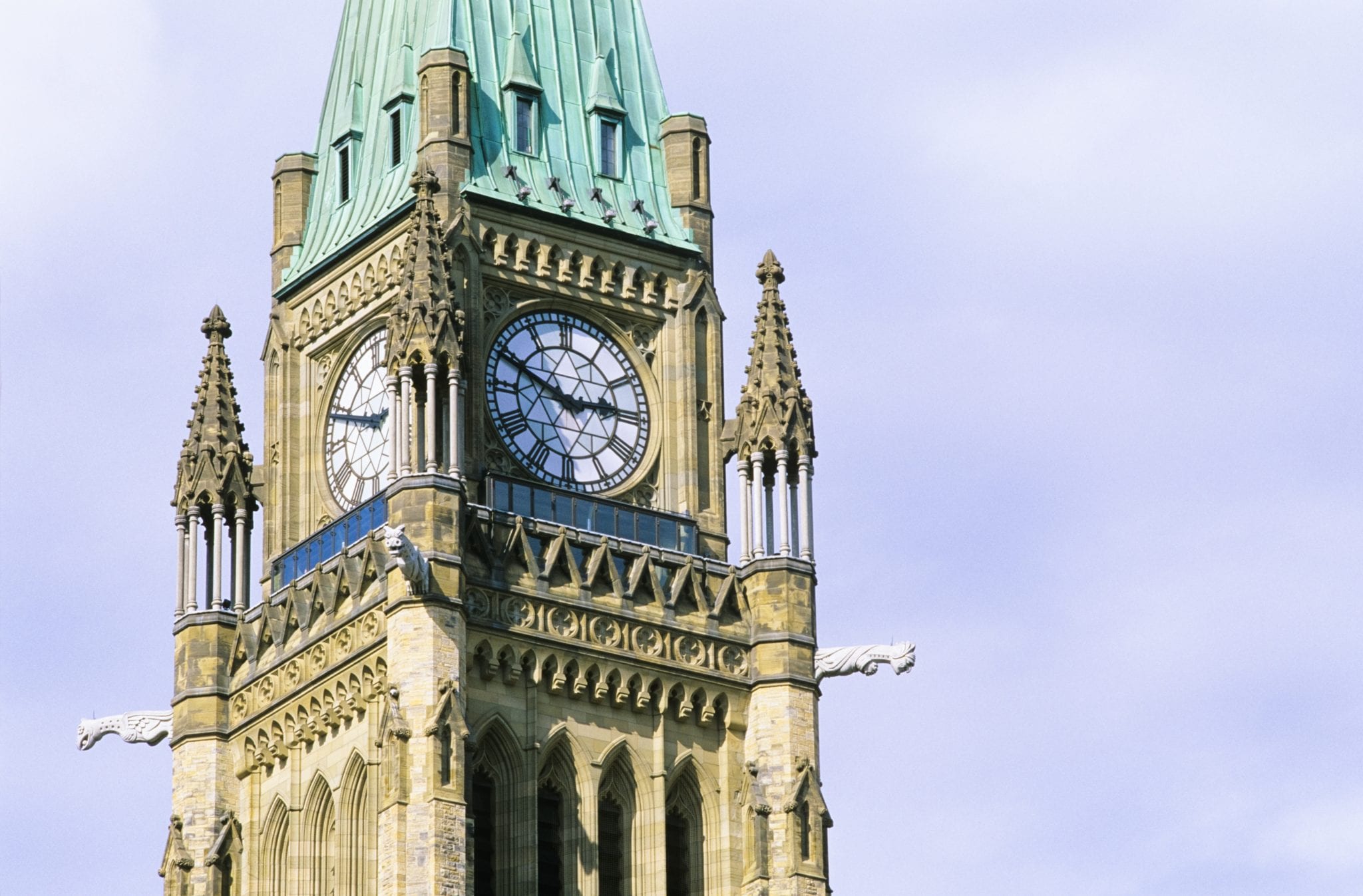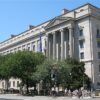Cash-strapped cannabis companies are breathing a sigh of relief today after Health Canada said they have six extra months to pay their annual regulatory fee.
The fee, which can add up to millions of dollars for some industry giants, is now due March 31, 2021.
The pandemic has hit the weed industry by disrupting operations and by drying up investor capital so many companies rely on to maintain liquidity, the federal government said in a statement Thursday.
“Given the economic challenges that the cannabis industry is facing as a result of the Covid-19 pandemic, any outflow of cash in the short term, including the payment of the 2020–2021 annual fee, may exacerbate economic difficulties,” reads the statement. And economic difficulties could mean the unregulated market gains a foothold, which the regulator says is contrary to the Cannabis Act.
The plan is that deferring the annual fee will help give the industry some breathing room without transferring the cost of regulating cannabis onto the taxpayer. By extending the payment due date by six months the industry could make $0.8 million in interest alone, while the cost to the government will be $3.5 million, according to the statement.
“Overall, it is expected that this order will provide net benefits to Canadian society as a whole by supporting a diverse legal cannabis market,” it reads.
The move comes after lobbying from the industry, and subsequent government-led consultations to find ways to support the county’s weed sector during Covid-19.
Read more: New weed industry coalition demands access to federal relief funds
Health Canada’s annual fees are calculated on a per-site basis and are based on either a minimum fee or a company’s revenue — whichever is greater.
Nurseries, micro-cultivators and processors pay either a minimum fee of $2,500 or a fee rate of 1 per cent of their revenue if they made $1 million or less. Companies are charged a fee of 2.3 per cent on any revenue in excess of $1 million.
Companies licensed for standard cultivation and processing, or to sell medical cannabis, are charged a minimum of $23,000 or a fee of 2.3 per cent of their revenue. The fee doesn’t apply to recreational retailers, which are managed on a provincial level.
In June when Health Canada first floated the idea of deferring the fees, NORML Canada president Jack Lloyd told Mugglehead he wasn’t going to look a gift horse in the mouth, but that it was the smallest step in the right direction the government could take.
Read more: Health Canada considers deferring regulatory fees to support licence holders
“Really if they were legitimate about wanting to protect this industry, and to protect licensed producers, they would offer more sensible rules and regulations for those licensed producers, and they would offer faster licensing for businesses so these LPs are able to operate profitably,” Lloyd said.
During the pandemic the government has also introduced protections against evictions, financial aid to retain staff, and sped up its licensing process.
Top image of Peace Tower on Parliament Hill via Deposit Photos
michelle@mugglehead.com
@missmishelle














